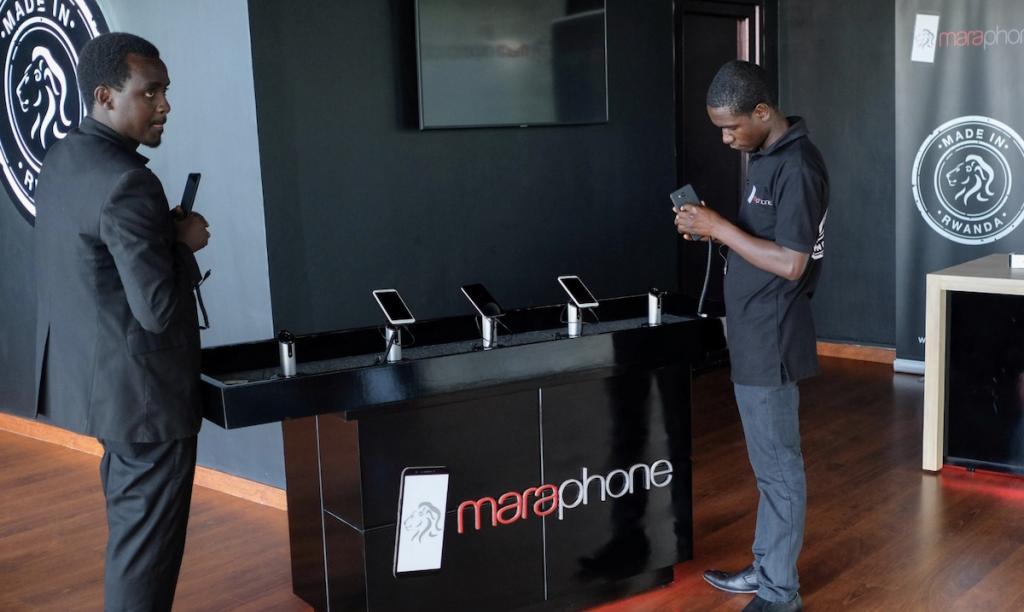
Most of us remember the dark days of 1990s when Rwanda experienced a period of cataclysmic genocides and wars. President Paul Kagame of Rwanda has been instrumental in bringing peace and material prosperity to this troubled country. To help the country develop and become a centre for growth, Kagame has encouraged businesses and manufacturers to invest in the country heavily. It shouldn’t be a surprise that Africa’s first smartphones are being manufactured in Rwanda.
Rwanda’s Mara Group announced the launch of two smartphones that are purportedly the first “Made in Africa” models. Rwanda is on a mission to posit itself as a manufacturing and business center of Africa. Investments from all over the world have helped transform this tiny but war-ravaged country into something of an African Singapore.
Mara phones seem to be great Christmas gifts
Mara X and Mara Z could just be what you wanted to order this Christmas, especially if you want to support employees of a company that is located in an upcoming country. Here are some of the most important features:
- Sturdy Corning Gorilla Glass cover
- A crystal-clear 5.7″ HD Display
- Lightning fast octa-core processor
- Dolby Audio 5.1 sound effects
- Facial recognition, finger print sensor, and fast-charging
- Attractive design and a focus on intuitive user interface
- Lightweight and impressive ease of use
How expensive are Africa’s first smartphones?
Mara X and Mara Z will run on Android and will cost $190 and $130 respectively. The cheapest Samsung cellphones cost $54 and may prove to be a problem for Mara X and Mara Z’s success. However, the CEO of Mara Group believes people will be willing to pay for the superior quality of the phones and also because it is entirely assembled in Africa.
What is unique about Mara Phones?
Many smartphones are assembled in Egypt, Ethiopia, Algeria and South Africa, though the components are imported from elsewhere. Mara Group manufactures its own motherboards and sub-boards. The CEO reveals that each cellphone has more than 1,000 parts and they are all manufactured in Africa. The manufacturing unit has a capacity of producing 1,200 phones per day.
In addition, 90% of the employees are Rwandan, of which 60% are women. These are some of the smaller battles that are being fought in the quest of progress and freedom. The company has a policy to push social justice ideals forwards, as it believes that is profitable in the long term as well.
If you happen to purchase these beauties, do let us know how you felt using them in the comments section below.










